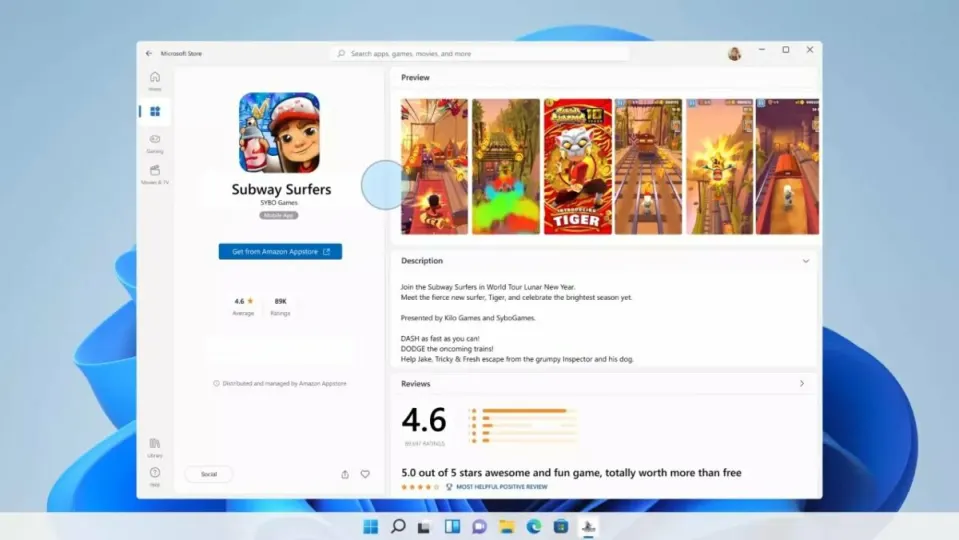Windows 11 is already six months old, having been released to the public in October 2021. While the first few months saw a resoundingly positive reception of the break-out new OS by Microsoft, the initial hype seems to be waning. According to AdDuplex, Windows 11 only managed to achieve a 0.1 percent market share increase over the course of March.
This slow trickle stands in contrast to previous months, where Microsoft was able to build up an overall usage percentage of 19.4. Microsoft has been relentless in its pursuit to get users to upgrade to the new OS, to not much avail. But as Steve Kleynhans, a vice president of research at Gartner, says, it might be a little bit early to draw any conclusions regarding Windows 11’s success.
Steve pointed out ‘While technically the OS update is six months old, a very large percentage of machines weren’t being offered the update until just a couple of months ago; the current install rate is likely just normal market evolution during the early stages of any new OS version and not a sign of anything really problematic.’ Steve also mentioned that Windows 11 is not the first OS to experience such a lull. Windows XP, 7, and even 10 had a surge of new users followed by a slow period. As we well know, however, all three operating systems ended up becoming massive successes down the line.
Steve also pointed out that the uptake rates of new operating systems have more to do with PC sales than you’d think. ‘For most consumers who aren’t PC enthusiasts in some way, this is not really a high priority, and they won’t actively seek out the upgrade. Until Microsoft starts forcing the upgrade, or at least more aggressively marketing it to users on eligible machines, things are bound to stall out a bit.’
The other thing to note is the eligibility of existing devices according to Windows 11’s increased system requirements. Not everyone can afford to replace a PC every two years, and that’s how fast technology moves, if not faster. The reality is that Microsoft may simply have exhausted the pool of Windows users who can afford to buy new PCs that natively come with Windows 11 and those whose current PCs can handle the increased demands of Windows 11.
It’s irrational to think the adoption rates won’t pick up again, according to everything that Steve Kleynhans has said. We fully expect Windows 11 to become the next titan of the OS industry and take the reins from old-reliable Windows 10. There have also been more Windows 11 bug-fix-related updates of late, bringing it closer and closer to peak stability and user-friendliness.


